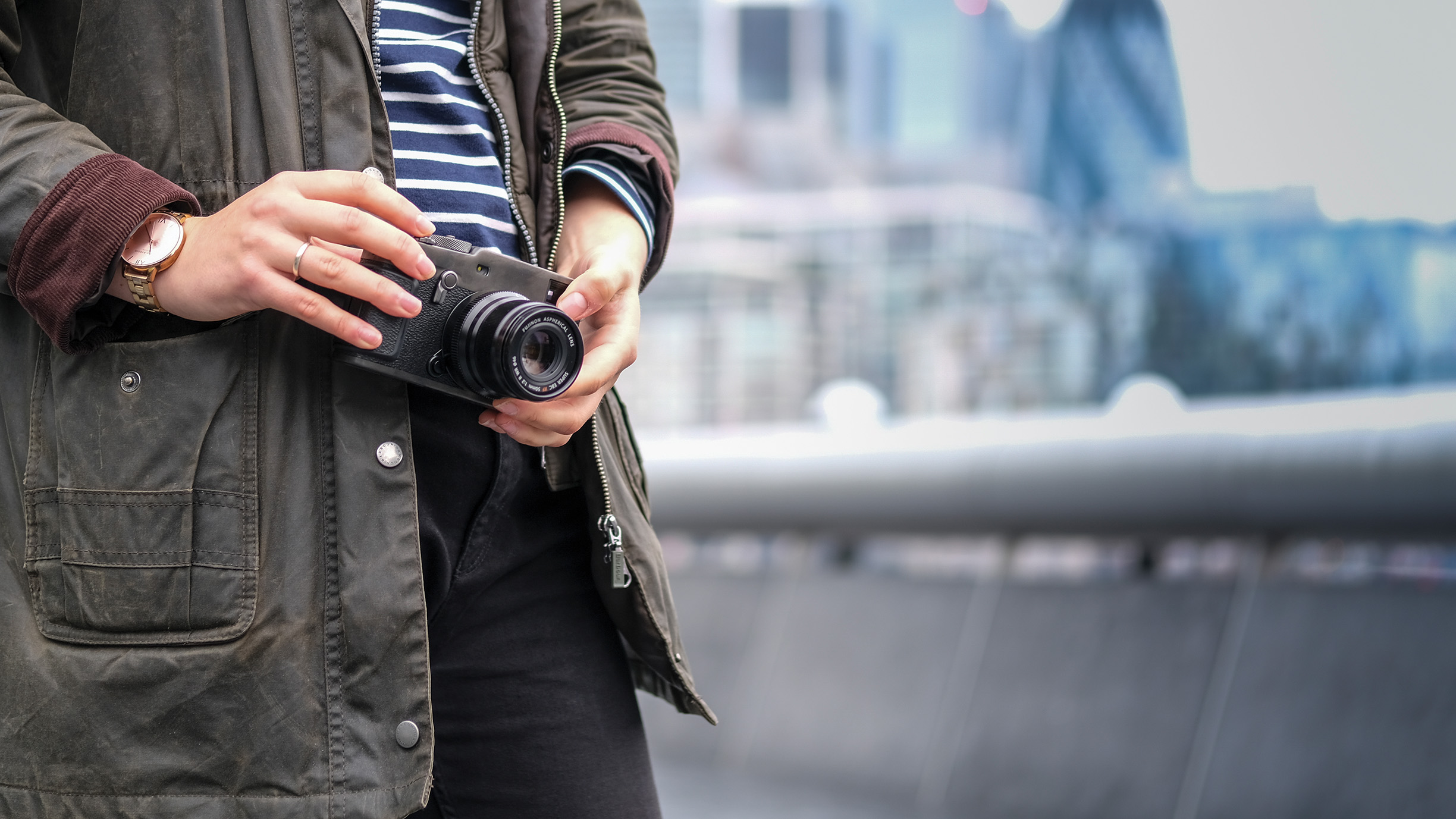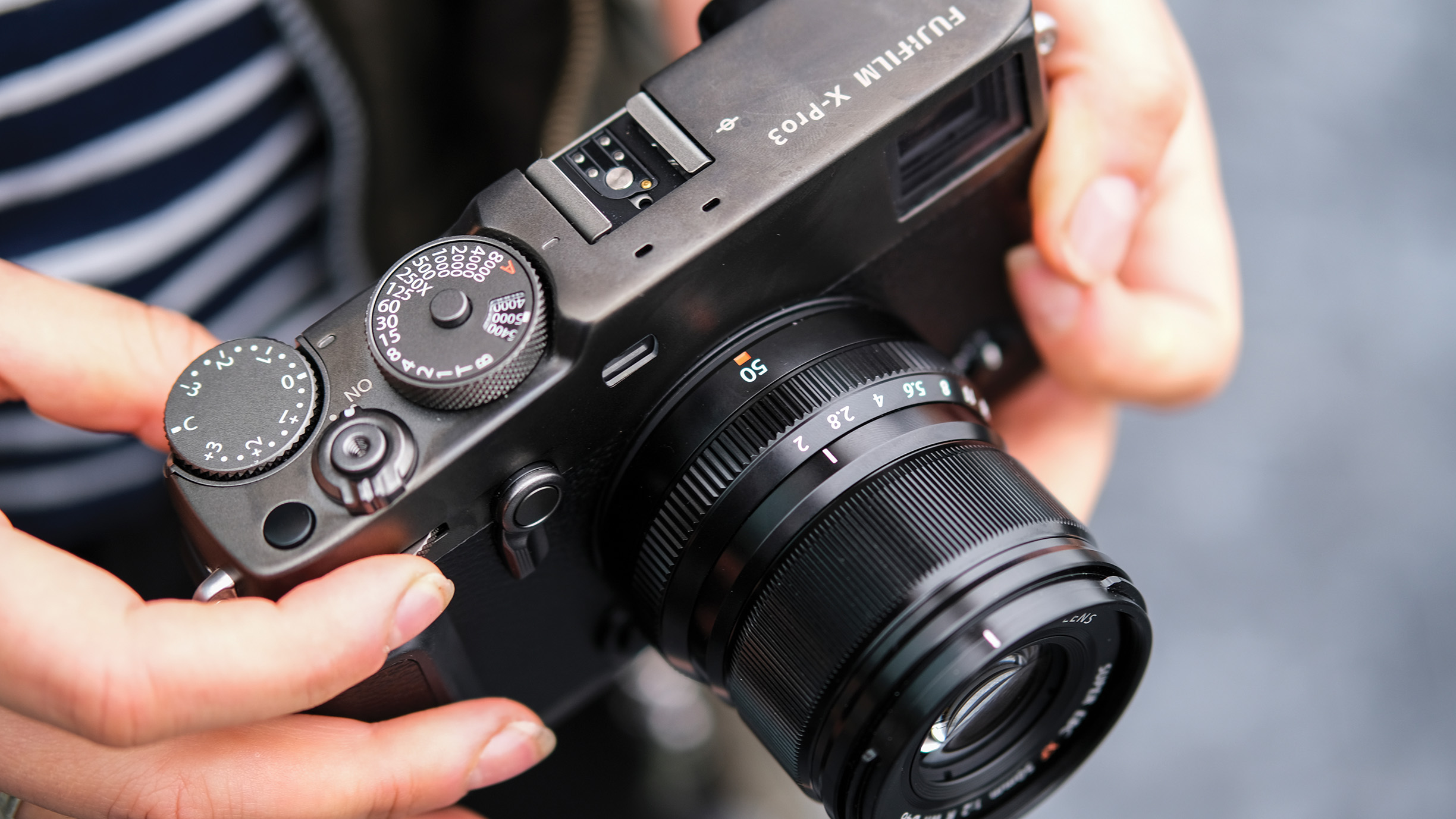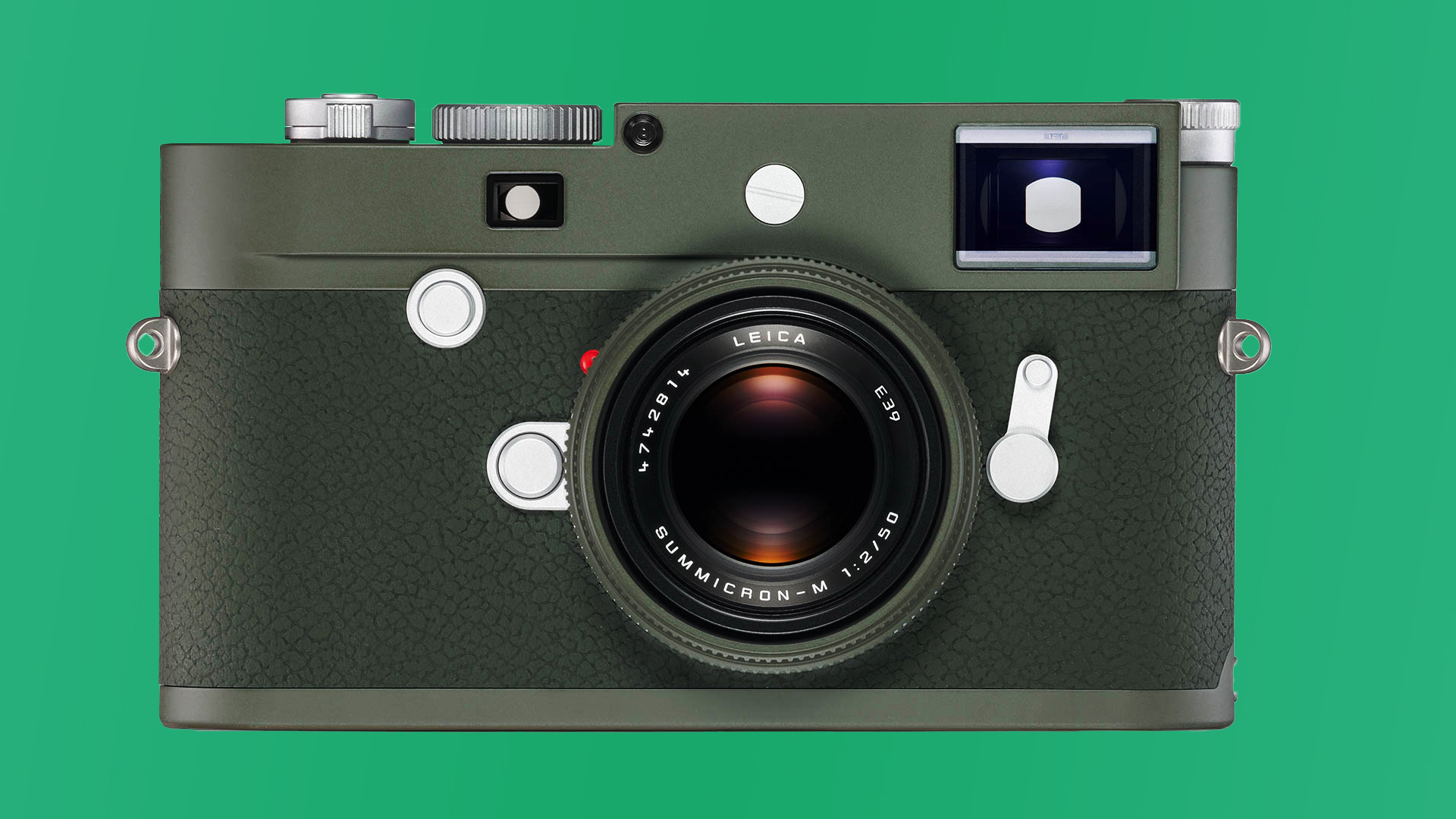This viral arrest could serve as a warning for all street photographers
“Filming in public is legal," policed noted, but the arrest is a clear example of crossing the line

After receiving reports of women being filmed without their consent in Manchester, England, the police announced the arrest of a 27-year-old suspected of voyeurism and harassment. The arrest followed a notice from the department in April 2024 requesting that anyone that had been filmed to report the incident.
According to the Manchester police, the arrest is “thought to be the first in the country linked with several viral videos on social media platforms appearing to have filmed on nights out, some whilst in vulnerable positions.” The police noted that during the investigation, they discovered videos locked behind a paywall that included upskirting and suspected non-consensual nudity.
As of November 27, the suspect remained in custody for questioning.
The case is “a very new and complex issue,” Chief Inspector Stephen Wiggins said in a press release. “Everyone has the right to feel safe as they enjoy a night out, and these videos have made people, particularly women, not feel like that, which we can’t tolerate,” Wiggins said. “Filming in public is legal, however where this filming crosses the line into offences such as upskirting, stalking, or harassment, it’s important that we don’t allow that behaviour.”
In April, Manchester police appealed to the public, asking anyone who felt unsafe after being filmed without their knowledge to come forward. One TikTook influencer shared her story with BBC, saying she didn’t know she was being filmed until someone sent her a link to the video. Ironically, the influencer said she was walking with two other women that she didn’t know because she saw they were being harassed. BBC noted the video received “an abundance of misogynistic comments.”
The case should serve as a reminder to street photographers

The ethics of photographing someone without their knowledge have long been debated (and the street photography label often mis-applied to posed portraits of strangers). On one hand, photographing people in public places offers a glimpse of authenticity not often seen in posed photographs. On the other hand, sometimes introducing yourself after the shot can give the photograph more meaning when you hear their story.
That said, calling the unnamed suspect in this case a street photographer would be a travesty to the moral artists in the genre. Photography is an art form, voyeurism is a crime not worth being associated with the word photographer.
Get the Digital Camera World Newsletter
The best camera deals, reviews, product advice, and unmissable photography news, direct to your inbox!
I won’t call the suspect in this case a photographer. But, the arrest can serve as a warning for how photographing strangers can be easily misconstrued.
I can still vividly remember when, while working as a photojournalist, I was photographing fairgoers enjoying carnival rides when I was approached by an angry mother. She was upset that I was taking photos of kids on the rides, pointing out that some children could be in foster care or custody battles where publishing their image could potentially be dangerous. I apologized to the mother, deleted the images of her children in front of her and did my best from that point on to introduce myself to anyone I photographed. Even though I thought I did everything right – wearing a press badge while standing in the open – I still made her feel uncomfortable and I’ve never forgotten the experience.
In many locations, like in Manchester, photographing people that are in a public space isn’t illegal. Photographers should, however, constantly check their behavior to make sure they do not toe the line nor make the subjects in their images feel unsafe.
Singling out a person because of their clothing or following someone to take their picture crosses the line. That feels like common sense to me, but as a female who has stood next to other photographers at a workshop and felt highly uncomfortable with the way that they talked to the female models, I know that’s not obvious advice to everyone.
Photography has the power to make someone feel beautiful, strong, and authentic. But, done wrong, it can also have the power to make someone feel vulnerable and unsafe. If you would feel uncomfortable photographing your grandmother in the same way that you are photographing strangers, it’s time to put the camera down.
For more, read up on our street photography tips or the best books for street photography.

With more than a decade of experience reviewing and writing about cameras and technology, Hillary K. Grigonis leads the US coverage for Digital Camera World. Her work has appeared in Business Insider, Digital Trends, Pocket-lint, Rangefinder, The Phoblographer and more.
